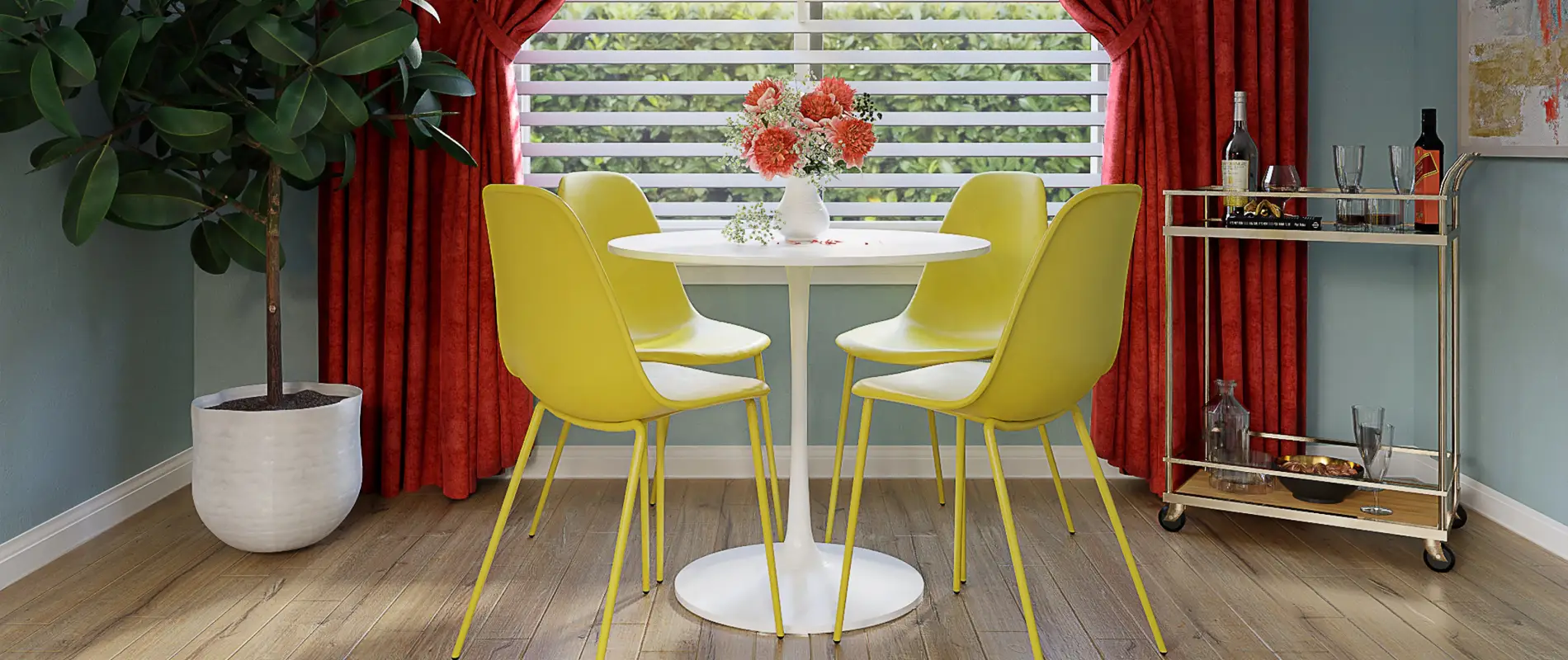

WordPress themes: Navigation Menu Dark NMD-PRO-15
Try MaxiBlocks for free with 500+ library assets including basic templates. No account required. Free page builder, theme and updates included. Start now

Elevate your WordPress site with our stunning navigation menu design!
Discover a beautifully crafted navigation menu that combines sleek aesthetics with unmatched functionality. This design features a minimalist layout that not only looks great but also enhances user experience. Here’s a closer look at what makes this navigation menu stand out:
Original design overview
Imagine a modern navigation menu where each element is thoughtfully placed to create harmony and balance. The layout is presented in a single column, featuring a logo on the left and navigation links organically flowing to the right. This subtle asymmetry adds visual interest without overwhelming the user.
Key features & elements
- Logo placement: A distinctive logo grabs attention immediately, positioned prominently on the left side.
- Navigation links: Enjoy seamless access to your important pages with five clear links: Home, Features, How it Works, Get in Touch. Each link serves as an interactive button for quick navigation.
- Typography: The contemporary sans-serif font contributes to a sleek look, ensuring each link is easily readable and visually pleasing.
- No images needed: The design focuses on clean lines and effective use of space. While images are not included, the potential for subtle background gradients or overlays enhances its overall appeal.
Unique design aspects
- Striking contrast: The bold black navigation bar against a lighter background creates a stunning visual impact, ensuring your menu truly stands out.
- Enhanced interactivity: Although hover effects are not detailed here, the navigation links are designed to engage users, encouraging them to explore.
- Mobile-friendly: This single-column layout is perfect for mobile devices, easily adapting to any screen size for optimal usability.
- Readability focus: With generous text size and high contrast, this design prioritizes user accessibility, ensuring your content is easily digestible.
Overall design style
Categorised as minimalist, this navigation menu emphasises functionality and clarity. The well-defined visual hierarchy directs the user’s focus from the logo to the navigation links, creating a smooth and logical flow. Generous use of white space enhances readability, allowing your content to shine.
Unlock the potential of your WordPress site!
With this elegant navigation menu, you can enhance the functionality and visual appeal of your website. Its responsive design and intuitive user experience are perfect for any audience, making it an excellent choice for your next WordPress website design project. Don’t miss out on making your site both beautiful and user-friendly!
Use cases for WordPress navigation menus
1. E-commerce platforms
Navigation menus are vital for e-commerce platforms. They allow businesses to list their products in a customer-friendly manner. Menus can include categories like electronics, clothing, and home goods, enabling customers to find what they’re looking for quickly. Additionally, incorporating search bars and dropdown menus for detailed subcategories enhances user experience, ultimately improving conversion rates.
2. Blogging websites
Bloggers can use navigation menus to highlight their writing categories, popular topics, or featured posts. Effective WordPress menus make it easy for readers to browse through different blog sections, such as lifestyle, technology, or travel. They can also improve SEO by providing direct links to popular articles, enabling visitors to engage better with the content.
3. Portfolio websites
For artists and creatives, a navigation menu helps segment their work into manageable sections. Painters can separate watercolour, oil, and acrylic paintings, while web developers might list websites by client or industry. A well-thought-out menu can accentuate their work’s diversity, helping potential employers or clients easily navigate and appreciate their portfolio.
4. Educational websites
Educational portals can leverage menus to structure courses, tutorials, and resource materials. Students and educators benefit from clear categorisation, such as sections for assignments, lecture notes, and forums for discussions. An organised layout empowers students to find what they need quickly, improving the site’s effectiveness as a learning resource.
5. Corporate websites
Navigation menus in corporate sites can help separate essential areas like About Us, Services, Careers, and News. Clear and intuitive web navigation menus grant quick access to vital information, boosting user experience and enhancing brand image. They also ensure potential partners or employees can easily find the information they seek.
6. Community forums
Community forums can use navigation menus for categories like Latest Discussions, Sub-Forums, or Help. They allow users to quickly navigate through vast amounts of data, fostering efficient and engaging discussions. Properly structured forums make it easier for users to find threads of interest without getting lost.
7. News websites
News platforms often use navigation menus to highlight sections such as World, Local, Entertainment, and Sports news. This allows users to swiftly navigate stories of interest. Creating a logical hierarchy with clear labels in the menu structure can greatly enhance user experience, making returning visitors feel more engaged and knowledgeable about locating content.
8. Local businesses
Local businesses can use a simple menu to list their service offering, location, or contact information. A well-organized menu aids customers in making swift decisions, enhancing customer service while elevating their overall website experience. Ensuring that frequently searched info is easy to find contributes to customer satisfaction.
9. Nonprofit organisations
Nonprofit websites can focus on categories like Our Work, Impact, Volunteer, or Donate. A strong navigation menu shows clarity to the mission and direct users towards comprehensive information about their cause, driving engagement, and encouraging donations or volunteer participation.
10. Personal websites
Personal websites with navigation menus can highlight sections like My Story, Projects, or Contact Me. This adds a professional touch to personal branding efforts, showcasing projects and achievements while making it easier for potential collaborators or employers to get in touch.
Types of WordPress navigation menus based designs
1. Single-Page Navigation
Single-page navigation menus are ideal for portfolios or simple WordPress sites that require minimal scrolling. This type allows users to jump between sections via anchor links, enhancing user experience by focusing on one page rather than navigating multiple. Compact and streamlined, it is perfect for visually driven creatives who desire an immersive user experience.
2. Mega Menus
Mega menus provide robust solutions for content-rich websites, often e-commerce platforms. They allow users to view all options at once, reducing the need to scroll or click through several links. Often categorised by broad topics and subcategories, mega menus provide seamless, intuitive access to a wide array of pages.
3. Sticky Navigation
Sticky navigation stays visible as users scroll, providing constant access to site menus. This is ideal for blogs or long page content. Continuous availability improves navigation by minimising the need to return to the top of the page, enhancing user experience, and ensuring site structure remains accessible.
4. Dropdown Menus
Dropdown menus are versatile, hiding content until it’s needed. They save space, reduce clutter, and provide access to additional information or subcategories. These are ideal for sites with numerous sections or products, safeguarding a clean, minimalist interface that doesn’t overwhelm users.
5. Hamburger Menus
Characterized by a three-line icon, hamburger menus are popular in mobile web design for WordPress as they save space while ensuring access to full menus. This design enables a seamless transition between desktop and mobile interfaces, ensuring optimal user experience on all devices.
6. Fullscreen Menus
Fullscreen menus cover the screen when activated for an immersive experience. They’re perfect for sites focusing on visual design, allowing users to focus on menu selections without distraction. This bold design captivates users, directing their attention only to navigation links.
7. Sidebar Menus
Sidebar menus maintain visibility by residing at the side of the screen. They’re useful for content-heavy sites, featuring categories or links always one click away. Simple to use and offering a clear hierarchy, sidebar menus bolster user experience by minimising clicks and enhancing content accessibility.
8. Vertical Menus
Vertical menus align options from top to bottom and complement both left and right sidebar placements. An excellent choice for minimalist designs, they effortlessly maximise screen space with clean site lines, especially on mobile. By reducing visual clutter, vertical menus ensure intuitive and straightforward navigation.
9. Accordion Menus
Accordion menus open and collapse sections to showcase specific content snippets, ideal for FAQs or dynamic content pages. They provide clean and space-efficient information, enabling users to focus on relevant details without feeling overwhelmed. The fluid nature of accordion menus enhances usability and keeps web navigation interactive.
10. Footer Menus
Footer menus compile critical links to secondary pages like terms of service or contact details. Ensuring information accessibility even if users scroll past primary content, footer menus are invaluable. They provide a comprehensive navigation structure, underscoring high accessibility standards.
Conclusion
The artful design of your navigation menu can greatly impact your site’s functionality and aesthetics. Whether you’re using simple single-column layouts or complex mega menus, the key is to ensure user-friendly, accessible, and visually appealing designs. Explore various WordPress website design options to find the one that best suits your site’s needs. Consider options like Elementor Alternatives for unique customization or leverage the simplicity of WordPress website builders. Each decision you make enhances user experience and strengthens your site’s overall appeal.
Enhance your WordPress website today with these expert navigation menu techniques and designs!


